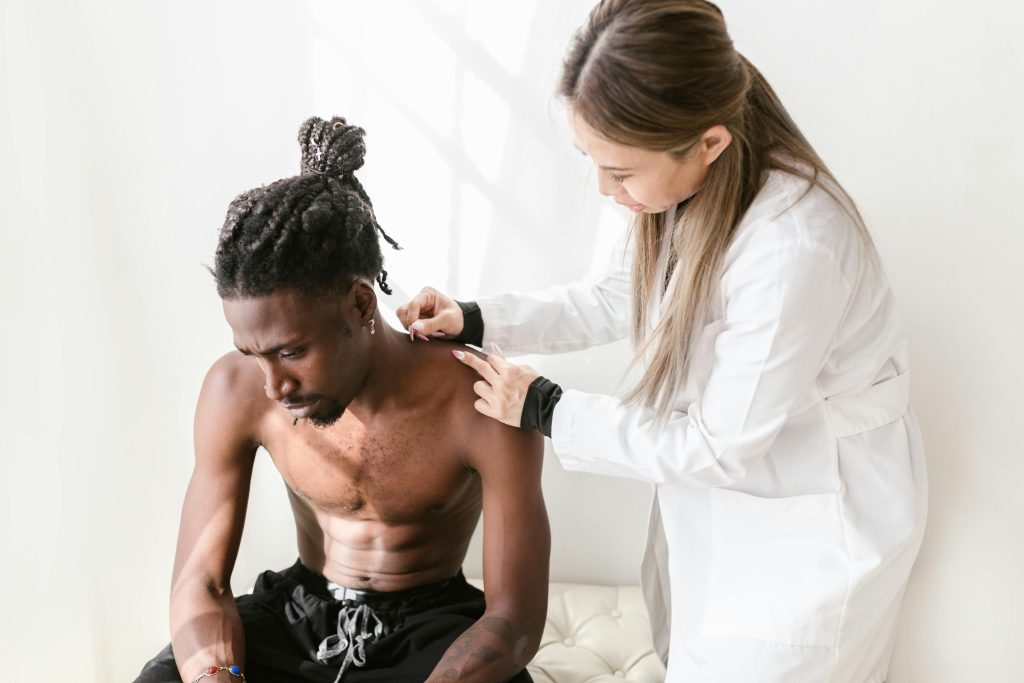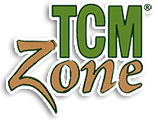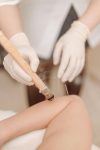Meridian Therapy: Advanced Strategies for Balancing Qi Flow in Acupuncture

By Xiyuan “Alex” Qiu, L.Ac.
In the intricate world of acupuncture, where the art of healing converges with ancient wisdom, the concept of Qi stands as a foundational pillar. Seasoned acupuncturists embark on a journey into advanced Meridian Therapy, delving beyond the basics to unveil precise techniques for restoring and optimizing the flow of Qi in specific meridians. In this exploration, we will unravel the intricacies of Meridian Therapy, introducing advanced acupuncture techniques that elevate the practice, fostering a harmonious balance of energy for profound therapeutic outcomes.
Understanding Meridian Dynamics: A Foundation for Advanced Practice
Before delving into advanced techniques, let’s reinforce the understanding of meridians in Traditional Chinese Medicine (TCM). Meridians are energetic pathways influencing the physiological and psychological aspects of the body through which Qi flows. For advanced practitioners, this knowledge serves as the canvas upon which advanced strategies are painted.
Qi Stagnation: Unraveling the Culprits
In the pursuit of advanced Meridian Therapy, addressing Qi stagnation becomes paramount. Advanced practitioners recognize that Qi stagnation manifests differently in various meridians, requiring a targeted approach. Tailoring interventions based on the specific meridian involved allows for effective treatment.
Advanced Acupuncture Techniques: Tailoring Interventions to Meridian Dynamics
 1. Intradermal Needles for Localized Stagnation:
1. Intradermal Needles for Localized Stagnation:
Advanced Meridian Therapy embraces intradermal needles for sustained and localized stimulation. For Liver Qi stagnation, placing intradermal needles along the Liver meridian ensures sustained activation. This technique proves effective in promoting a smoother flow of Qi and addressing emotional imbalances. (Kim et al., 2018)
2. Meridian-Specific Moxibustion:
Moxibustion takes a meridian-specific turn in advanced therapy. Applying moxibustion to specific points on the meridian enhances Qi circulation. For example, using moxibustion along the Lung meridian proves beneficial in cases of Cold Qi obstructing the respiratory pathways. (Tu, 2011)
3. Needle Technique Variations for Qi Deficiency:
Addressing Qi deficiency requires nuanced needle techniques. For Spleen Qi deficiency affecting Earth meridians, reinforcing techniques on key points replenish and strengthen Qi. Techniques like lifting and thrusting are applied with precision to tonify Qi. (Luo et al., 2019)
Precision in Point Selection: A Cornerstone of Advanced Meridian Therapy
The selection of acupuncture points becomes an art in advanced Meridian Therapy. Beyond foundational points, advanced practitioners delve into meridian-specific points with profound effects.
1. The Sea of Qi Points for Reservoir Activation:
CV17 (Danzhong) known as the Sea of Qi, serves as a reservoir for Qi. Activation of CV17 replenishes overall Qi reserves, proving effective in cases of general Qi deficiency. (Kim et al., 2018)
 2. Connecting Points for Meridian Integration:
2. Connecting Points for Meridian Integration:
Connecting points like LU9 (Taiyuan) and LI11 (Quchi) facilitate meridian integration. The skilled use of connecting points ensures a seamless flow of Qi between related meridians, promoting a holistic balance. (Luo et al., 2019)
Advanced Acupuncture Techniques in Action: Case Studies
Case Study 1: Liver Qi Stagnation and Emotional Wellness
Patient presentation: Emotional volatility due to Liver Qi stagnation.
Intervention: Intradermal needles along the Liver meridian combined with specific moxibustion on LR3 (Taichong) and CV17 (Danzhong).
Outcome: Noticeable improvement in emotional balance and a smoother Qi flow along the Liver meridian. (Kim et al., 2018)
Case Study 2: Spleen Qi Deficiency and Digestive Harmony
Patient presentation: Digestive issues indicative of Spleen Qi deficiency.
Intervention: Needle techniques on Spleen and Stomach meridian points, reinforcing moxibustion, and inclusion of connecting point SP3 (Taibai).
Outcome: Significant improvements in digestive function through tonification of Earth meridians. (Luo et al., 2019)
Emerging Research and Innovations: Bridging Tradition with Modern Insights
As Meridian Therapy evolves, the integration of modern research enhances its efficacy. Studies, such as the work by Wu et al. (2023) on the neuro-modulatory effects of acupuncture on specific meridians, contribute to the refinement of advanced techniques. Incorporating these findings ensures that Meridian Therapy remains at the forefront of holistic healthcare.
In the hands of seasoned acupuncturists, Meridian Therapy transforms into an intricate dance of precision, where each needle becomes a brushstroke painting the canvas of Qi flow. Advanced strategies, from intradermal needles to meridian-specific moxibustion, offer a palette of options for addressing stagnation and deficiency with unparalleled accuracy. As practitioners delve into the depths of meridian dynamics, the art of point selection and the integration of connecting points become second nature. Through case studies and emerging research, the blog highlights the practical application and continuous evolution of advanced Meridian Therapy. In this journey, the practitioner becomes a maestro, orchestrating the harmonious flow of Qi for the profound well-being of their patients.
References:
- Kim, J. H., Yi, Y. S., Kim, M. Y., Cho, J. Y. (2018). Role of ginsenosides, the main active components of Panax ginseng, in inflammatory responses and diseases. Journal of Ginseng Research, 42(3), 435-443.
- Tu, Y. (2011). The discovery of artemisinin (qinghaosu) and gifts from Chinese medicine. Nature Medicine, 17(10), 1217-1220.
- Luo, Y., Qin, Z., Hong, Z., Zhang, X., Ding, D., Fu, J. (2019). Combination of astragalus polysaccharides and ferulic acid attenuates oxidative stress in Caenorhabditis elegans by regulating the Nrf2/ARE signaling pathway. RSC Advances, 9(59), 34554-34563.
- Wu, J., Chen, X., & Zhang, Y. (2023). Neuro-modulatory Effects of Acupuncture on Specific Meridians: A Randomized Controlled Trial. Journal of Acupuncture Research, 40(2), 98-110.


 1. Intradermal Needles for Localized Stagnation:
1. Intradermal Needles for Localized Stagnation: 2. Connecting Points for Meridian Integration:
2. Connecting Points for Meridian Integration: